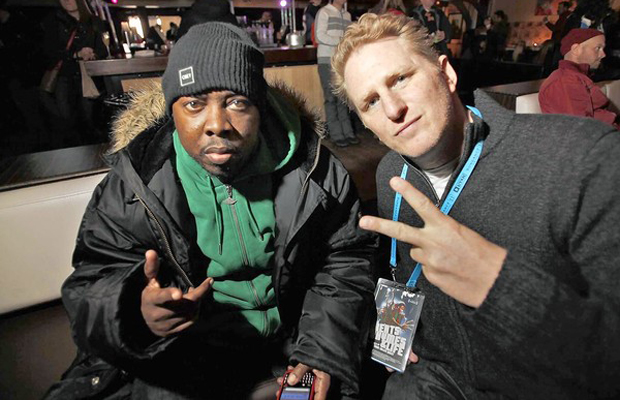
There has been a lot of controversy surrounding the A Tribe Called Quest Documentary, Beats, Rhymes, and Life. The documentary was made by actor Michael Rapaport, with support form Nas. Rapaport spent extensive time with the legendary Hip Hop crew during their 2008 Rock The Bells tour, picking up candid footage, interviews, and stories about the group and their legacy. When the documentary was announced back then, many celebrated and have since waited with anticipation as one of Hip Hop’s most important and beloved groups was finally going to have their story told. Anytime you attack such a subject, and deal with a group as cherished as A Tribe Called Quest, there are bound to be problems. Sometimes what seems like a good idea, ends up not being, or people are not as comfortable with the finished product. Such is the case with this documentary. In an interview with MTV, Q-Tip and Ali Shaheed Muhammad both voiced their disapproval of the final edit, their lack of a producer’s credit, and also called out Rapaport and others for shady biz.
Rapaport has, for the most part, defended himself while not really going on the offensive. He’s downplayed a lot of the problems in past interviews, saying it was moreso a case of ATCQ catching butterflies about the film coming out, and the group’s story (good and bad) reaching the public. In an interview with Complex, Rapaport gets a bit more aggressive in defending himself, his crew, and his movie. He explains why he didn’t grant Q-Tip and company production credits, and also talks about how working with A Tribe Called Quest has affected his interaction with their music. Throughout he maintains his pure intentions.
“I respect A Tribe Called Quest. I wouldn’t have made a movie about the group to defame them or defame [Q-Tip] personally,” he said regarding his intentions. About the producer’s credit, Rapaport said “Now, my real opinion on why they shouldn’t be given producer credits is number one, they didn’t produce shit for the movie. Number two, why would you want to take a producer credit on something you didn’t produce? Number three, yes, it could potentially seem like a reality show or propaganda if you get a producer credit on something that is about you. I said, “If I keep this scene in there or that scene in there it’s a better story. It’s a better articulated, well-rounded story.” They said, “You’re gonna have to bite the bullet on this one. We don’t want that scene in there..”
This is a really great interview. I’m a huge Tribe fan, and I really see this as another chapter in the group’s history. I want to see the movie now more than ever, and am excited for its July 8th release. You can read more at Complex. They go in-depth on the making of the movie, ATCQ’s recent interviews, Sundance, and much more.
